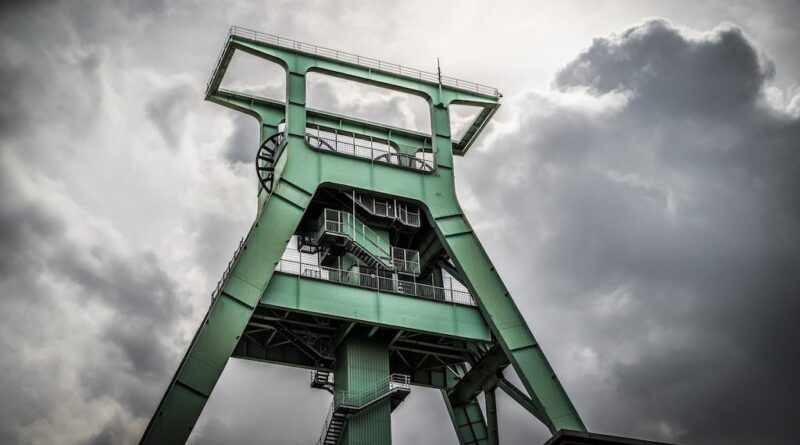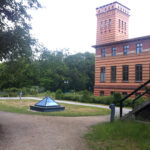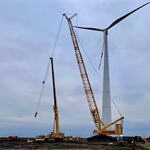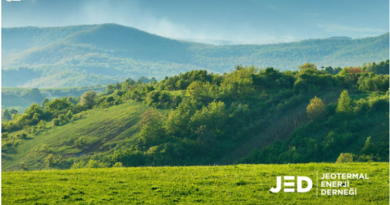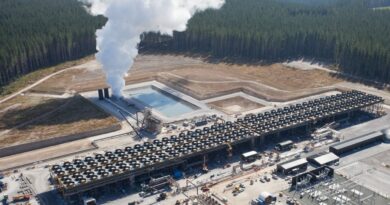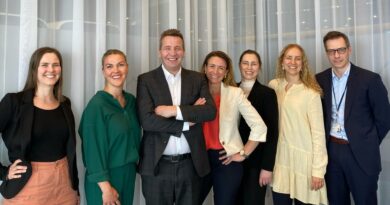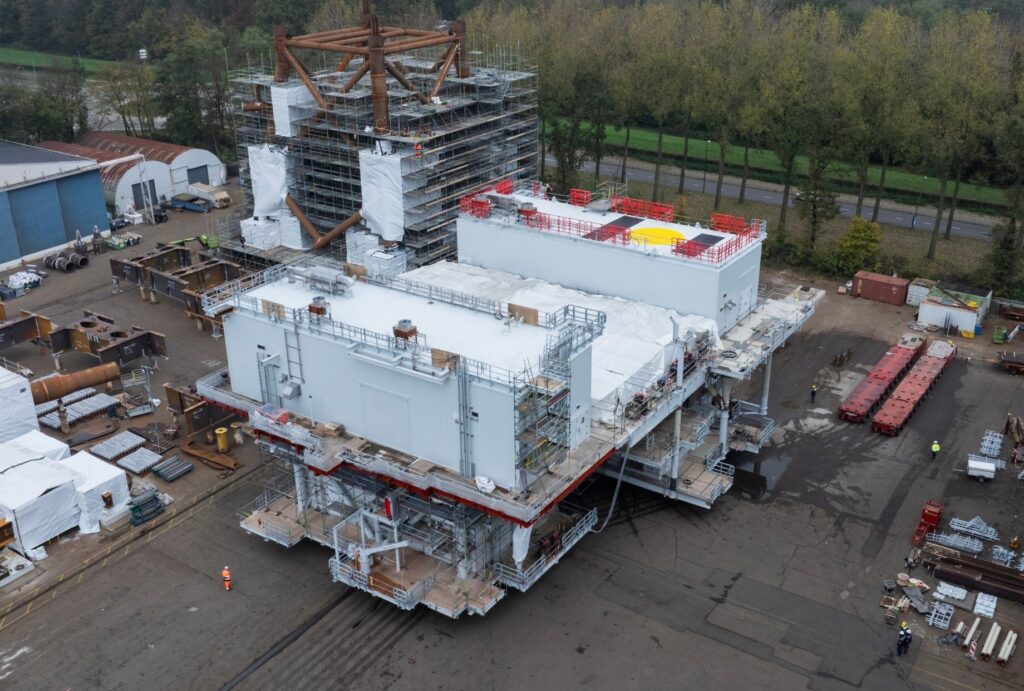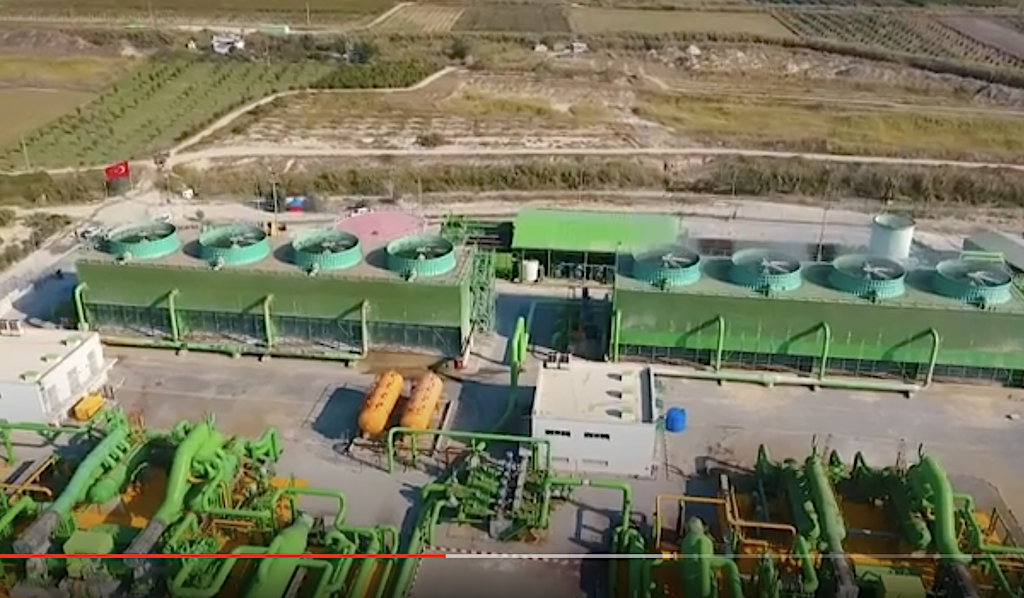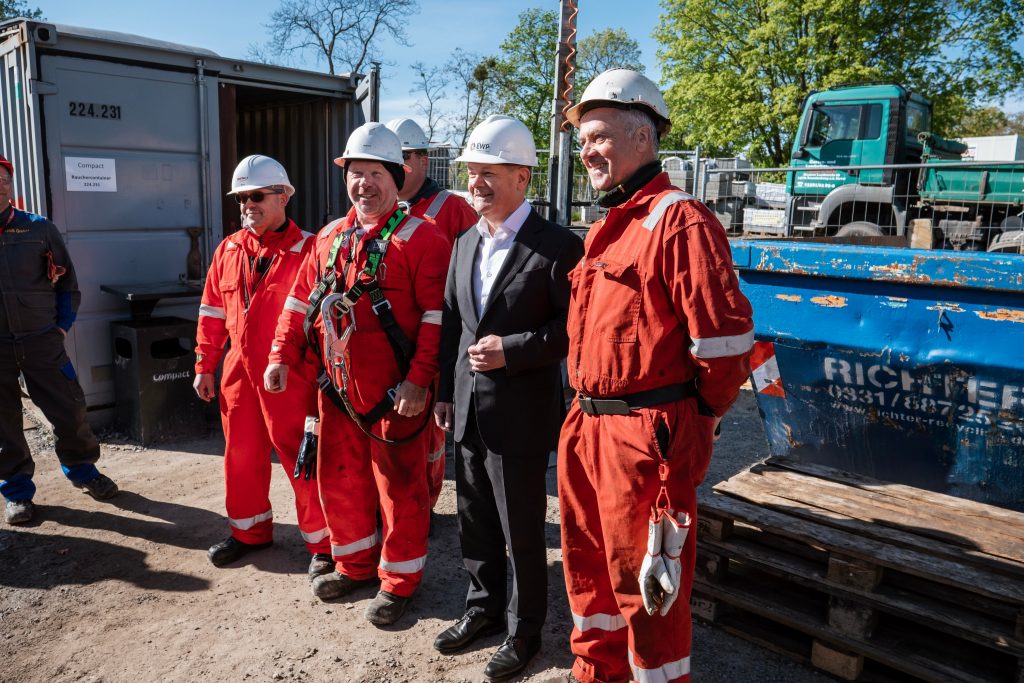Bochum, Germany to extract geothermal heat from abandoned coal mines
Energy Disrupter
Construction of new buildings in a district is ongoing in Bochum, Germany that will benefit from heating and cooling using water from an abandoned coal mine.
Construction is currently ongoing for new buildings that will be served by a planned geothermal heating project in Bochum, Germany that aims to utilize water from abandoned coal mine shafts for emissions-free heating and cooling. By 2027, the geothermal heating and cooling system is expected to supply new buildings at the project site including offices, research facilities, and university institutes.
International engineering firm Zetcon has already moved into a finished office building just a few meters away from the drilling site. “I thought the idea was great. Simply drilling open old tunnels that are already filled with water and getting the water out of there and using it,” commented Marek Spisla, Managing Director at Zetcon.
The old coal mine in the MARK 51°7 site was shut down in 1958, as with many other coal mines in the Ruhr area. The site was utilized again by an Opel factory in the 1960s. This car manufacturing facility was then demolished in 2014, prompting city and utility officials to reinvent the site again.
Positive results from drilling and well testing
In early 2022, local utility Stadtwerke Bochum together with the Fraunhofer Institute for Energy Infrastructures and Geothermal Energy (Fraunhofer IEG) drilled wells to tap into mine water contained in the abandoned coal mine shafts. Two wells were drilled – a shallower well to a depth of 340 meters, and a deeper 820-meter well.
Pumping tests on the wells were done in early 2023 using submersible centrifugal pumps set to a depth of 300 meters. For the deeper well, water at around 27 to 28 °C was extracted. This was slightly below the expected 30 °C, but the results did not prevent the project from proceeding. The current plan is to feed this water into a heat pump, thereby increasing the temperature to 48 °C, before it is supplied to the heating network.
The shallower well taps into a reservoir at a temperature of 16 °C. During summer, this well will be used to provide cooling to the surrounding buildings.
The energy center is being built around half a kilometer way in the eastern part of the city. As Jochen Raube of Stadtwerke Bochum explains, the energy center will soon be supplying the entire area and all the buildings with heating and cooling.
A blueprint for similar projects
Bochum is currently evaluating replicating the geothermal project in more than a dozen disused mines in the city area. With a potential of 10-12 MW of thermal energy per shaft, utilizing these abandoned mines can provide enough heating for about 370,000 residents.
Prof. Rolf Bracke, head of Fraunhofer IEG, describes the Bochum project as “the most modern heating and cooling generation and distribution system that I know of in Germany.” Bracke also states that there is huge potential for harnessing geothermal energy from old mines and that they could be an important pillar for energy supply in the future.
Water-filled coal shafts can also be used for storage for solar thermal energy. The rock layers provide good insulation, thus keeping the heat in for utilization by district heating networks during winter.
Other cities in the Ruhr area are planning projects similar to the one in Bochum. “I also recommend that other regions of the world make water reservoirs at the feet of cities directly usable and integrate them into the strategic planning of heat supply systems,” added Bracke.
Source: Deutsche Welle

